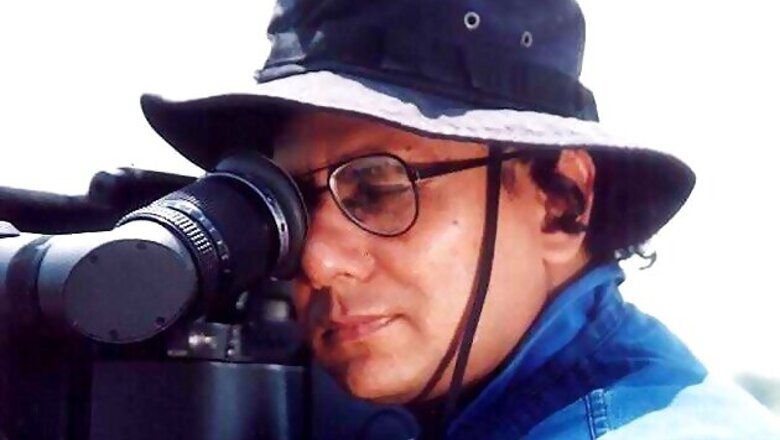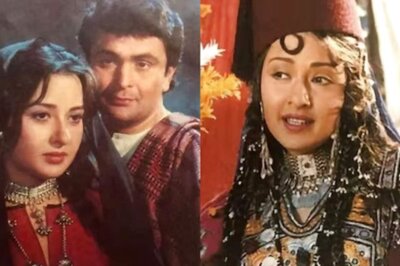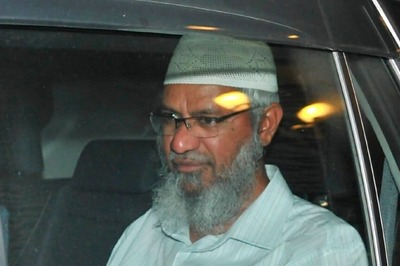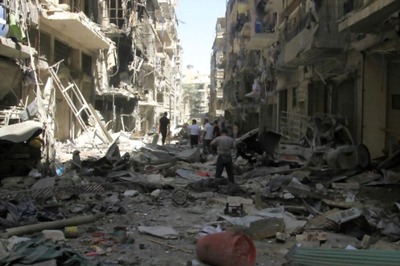
views
New Delhi: A new film by acclaimed Bangladeshi director Tanvir Mokammel deals with the Partition of Bengal in 1947 and its effects on politics in the Indian subcontinent and socio-cultural life of millions of people.
By choosing to make "Simantorekha" (The Borderline), Mokammel has stuck to his predictable path - of making a documentary after a feature film. His last fiction was highly-acclaimed "Jibondhuli" (The Drummer), a film in the backdrop of the Liberation War of Bangladesh in 1971.
However, the common thread between Mokammel's shuttle forth and back between feature and documentary is his abiding faith in values of secularism and commitment to the problems faced by people at the lowest rung of society.
"Simantorekha" will be modelled after his previous mega- documentary "1971" which deals with all the major aspects of the Liberation War.
"You can't make a good garden with only one kind of flower. The cultures of, and the contributions made by, many different communities make a country rich, both culturally and materially. Partition of 1947 was never an effective solution so far differences between the communities are concerned," with this conviction, Mokammel is now shooting his film.
"Simantorekha" will deal with all the social, political, economic and cultural aspects of the Partition of Bengal in 1947 and the tragedy and trauma it had created on both sides of the border, Mokammel told PTI from Dhaka.
Seventy per cent shooting of the film has already been done in many different places of Bangladesh, especially in the border areas, and in Dhaka and Khulna, he said.
A major part of the shooting of the two-hour film, whose making is expected to be completed in June, also took place in India, mostly in the refugee camps like the Cooper's Refugee Camp, the Dubulia Camp and in Uttarpara's Bhadrokali Camp in West Bengal.
Besides in and around of Kolkata, the shooting also took place in Nadia, Murshidabad, Siliguri and Jalpaiguri in districts of West Bengal, in Agartala and Kailasahar in Tripura and in Silchar, Karimganj and Dhubri in Assam. The film-unit has also shot part of the film in Dandakaryana in Chhattisgarh where East Bengal refugees were sent after the Partition, according to the director.
Asked why he chose the Partition of the Indian subcontinent as the topic for his new documentary 67 years after the event, Mokammel described the Partition as "a seminal event that permanently changed the lives of millions of people on both sides of the border. Events like this are not time-bound. Even after six decades, the impact of 1947 in the economic, social and cultural lives, on both sides of Bengal, are still felt and has lot of relevance. Hence, the documentary".
To a question if he has returned from refugee camps in India with the impression that the wound inflicted by the Partition on the people have healed, the director said, "The initial trauma and rancour are over. But the wounds inflicted by the Partition on the psyche of the people of this subcontinent can still be felt. I guess it will take a much longer time to heal, if it heals at all!"
Asked how Partition-affected people reacted to that seismic event after such a long gap of nearly seven decades, Mokammel said, "It is never easy to reconcile with the trauma to leave one's ancestral home and face the new realities in new lands. But six decades are a long time and two generations have already lived through those tragic memories.
"I think most people have reconciled with the new realities, but as human beings, their lives are sad. A sense of melancholy shrouds their personas which you can feel when you interview them."
To a question if geographical division of India and Bangladesh has also created a division in the minds of the people irrespective of their religion, he said, "One of the rationales of the 1947 Partition was that it would reduce communalism that was existing between the two communities at that time.
"Unfortunately communalism has not reduced in the countries of this subcontinent. Rather this physical division by a barbed wire border has made the communities more insular and ignorant of each other."


















Comments
0 comment